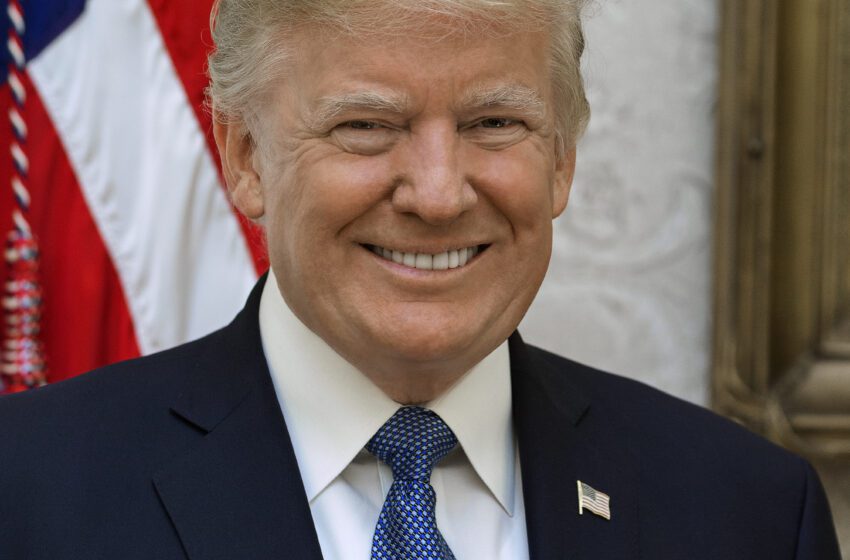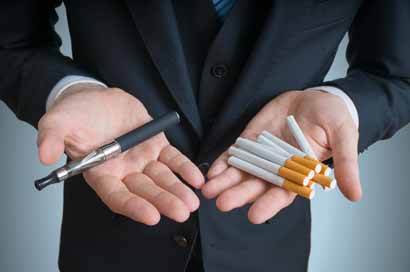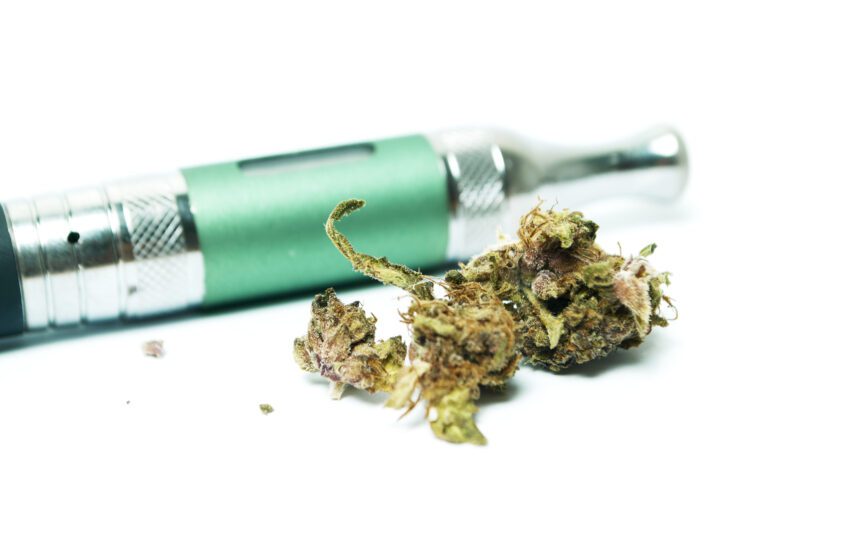“How Juul hooked a generation on nicotine” was a New York Times headline from 2018 on the new addiction apparently sweeping the youth of the US. It wasn’t the only media outlet to cover the rise in e-cigarettes, as a US government survey from that year showed that vaping among teenagers was on the rise, according to an article on newscientist.com.
But the full figures from this survey have now been newly analysed and they suggest that the original coverage didn’t give the whole picture – in some ways, the results could even be seen as good news for teenagers’ health.
E-cigarettes are meant to be a safer way for people to inhale nicotine without taking in the multiple harmful substances produced by smoking tobacco, like tar and carbon monoxide, the story states.
There have always been worries that, as well as helping smokers quit, they might lure in non-smokers. But in the past few years, concerns have spiralled in the US over small vaping devices branded Juul that deliver a high hit of nicotine, with a choice of flavours.
Alarming headlines
Juul’s purported appeal to teens was highlighted by the US Centers for Disease Control and Prevention when it released the 2018 figures. The study was based on its yearly survey of more than 20,000 middle and high-school students and triggered a rash of alarming headlines.
At the time, Juul said it didn’t want young people using its products and stopped selling some of its flavours through retail stores. It has since withdrawn all non-tobacco or menthol flavours from the market, the story states.
But an independent analysis of the full set of those figures, published this week, is more nuanced than those initial headlines. While 14 per cent of the teens surveyed had indeed vaped in the past 30 days, only 4 per cent of the total were regular e-cigarette users, defined as having done so on 20 days or more over that period. Less frequent use suggests “curiosity and experimentation”, says author David Abrams at New York University School of Global Public Health.
We still don’t know whether vaping is safe or not, and the figures suggest that, far from hooking a new generation on nicotine, comparatively few teens who have never smoked take up vaping: less than 1 per cent of those who were vaping regularly had never smoked tobacco before. “There has been a massive focus on teens without making it clear that most of these teens would be smoking anyway,” says Abrams, the story states.
Misguided ban?
But the idea of a new addiction epidemic among the nation’s youth has now taken hold. The US has recently banned all flavours of vapes apart from tobacco and menthol. Yet this could be counterproductive in terms of protecting people’s health. Research suggests that many adults are also keen on sweet-flavoured vapes, including fruit, sweets and desserts, and it can be part of the appeal of switching from smoking to vaping.
Complicating matters is that fears over e-cigarettes have risen after reports last year of a strange lung illness linked with vaping, which has so far caused more than 50 deaths. Further investigation has revealed that these cases actually involved people using black market cannabis vaping liquid that has been bulked up with a harmful additive, vitamin E acetate.
But many media reports have implied that the danger comes from all e-cigarettes, even legal ones that deliver nicotine, which just isn’t true. Yes, we need to make sure that teenagers don’t take up vaping or smoking, but that shouldn’t come at the cost of scaring existing adult smokers from switching to vapes, the story states.







